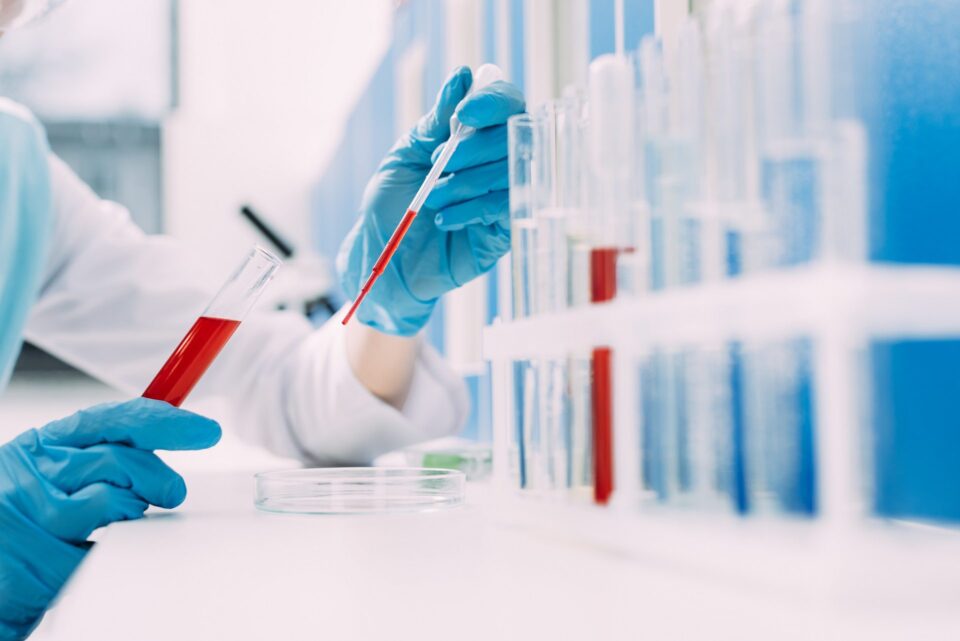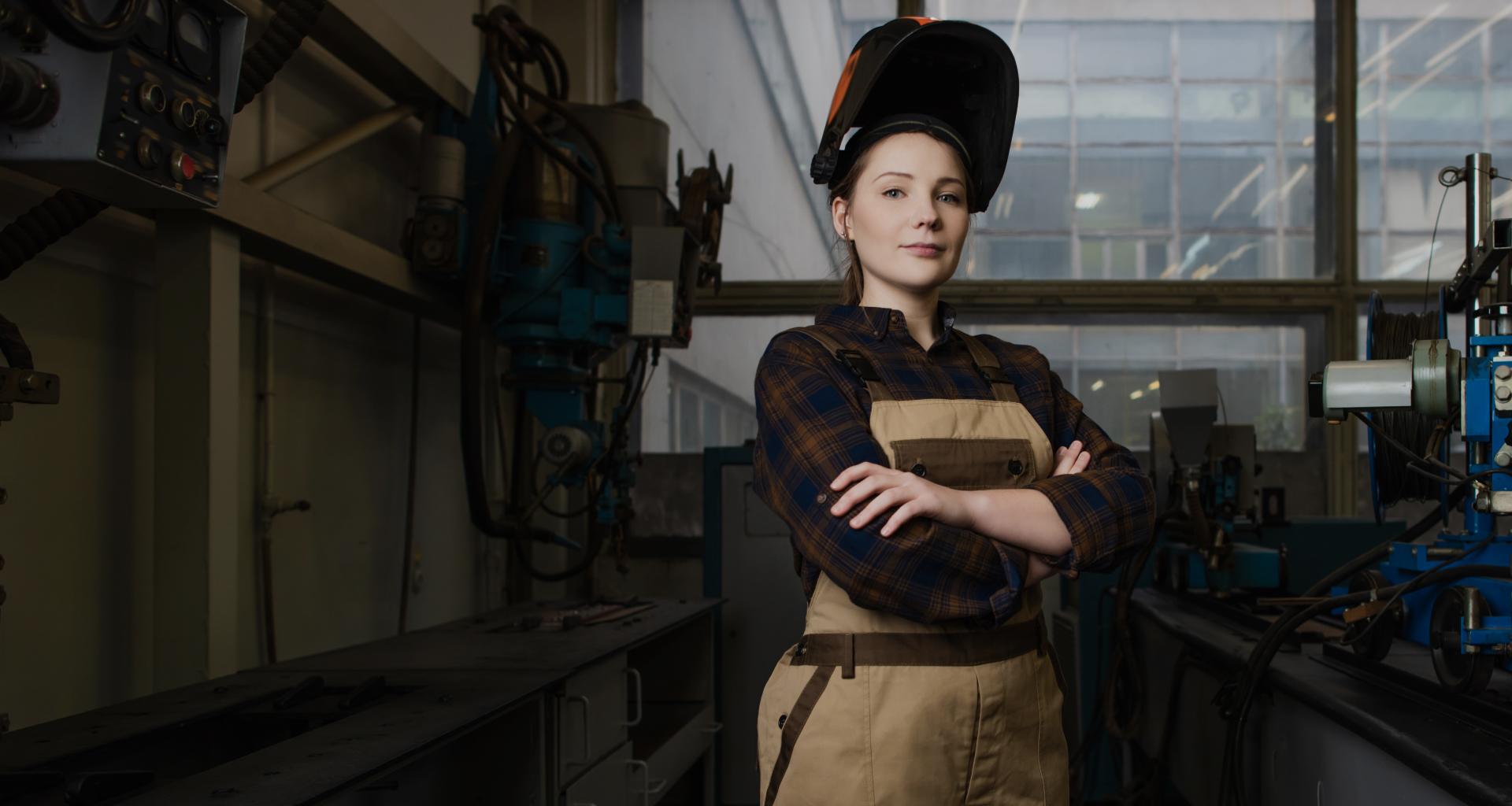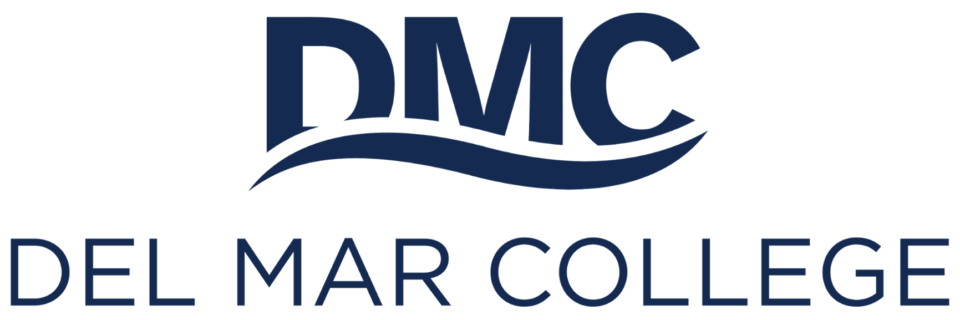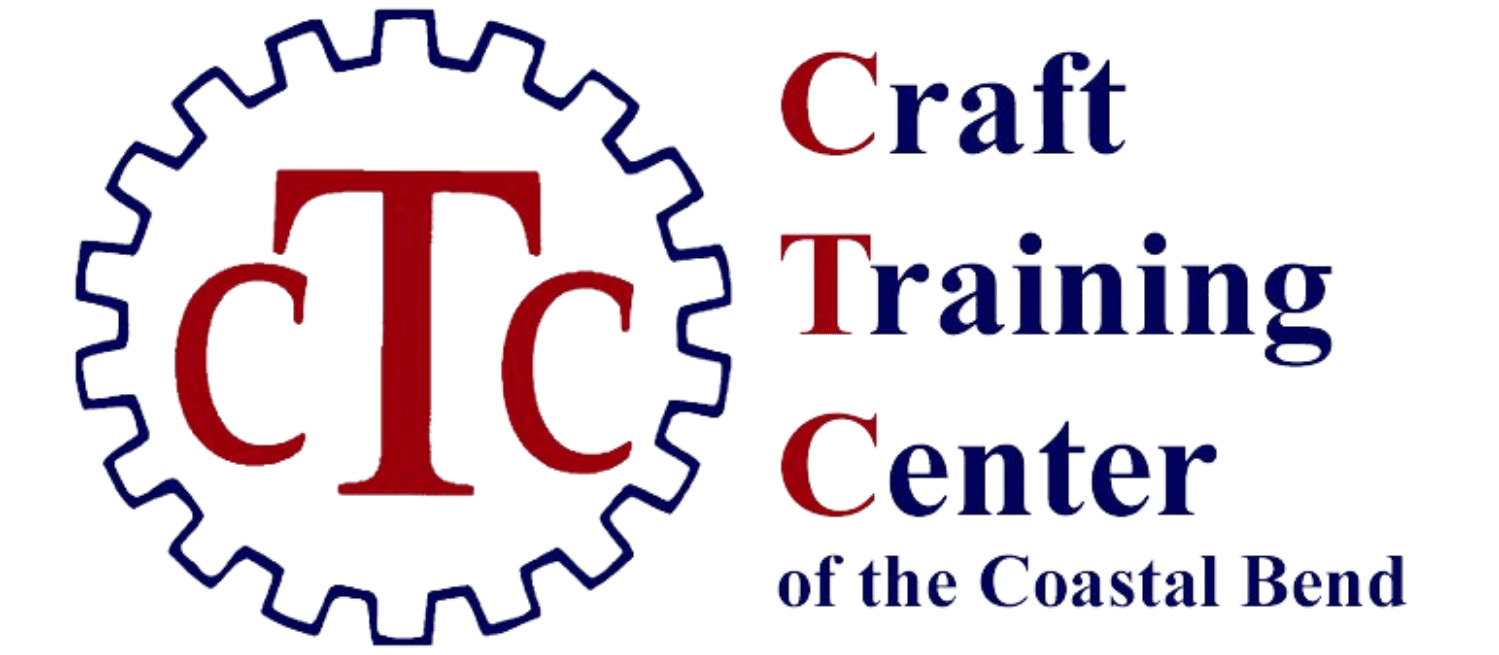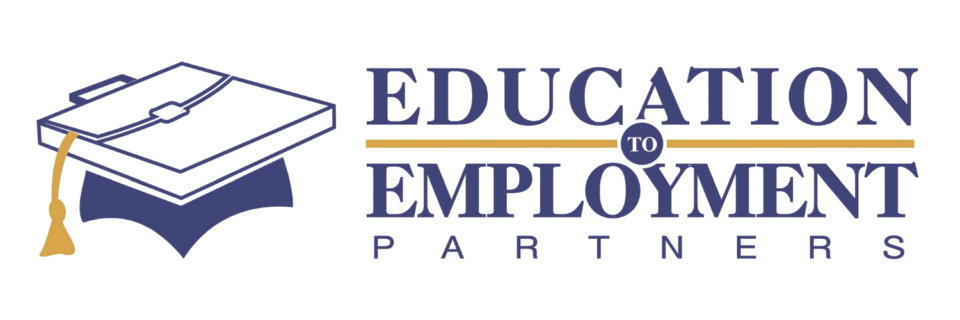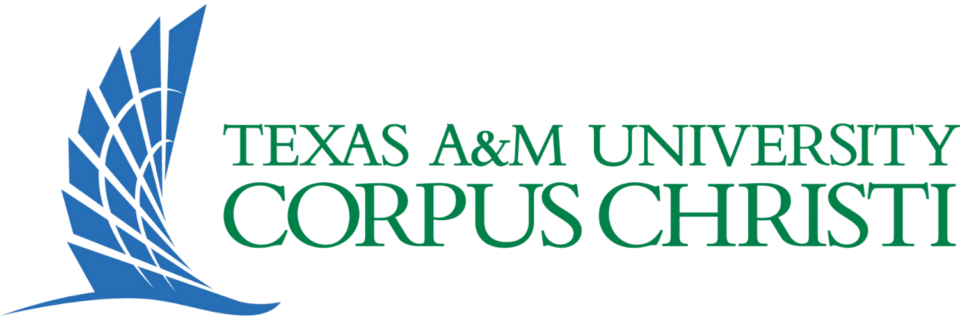Phlebotomists
At a glance
- Median Salary$34,894
- Local Jobs162
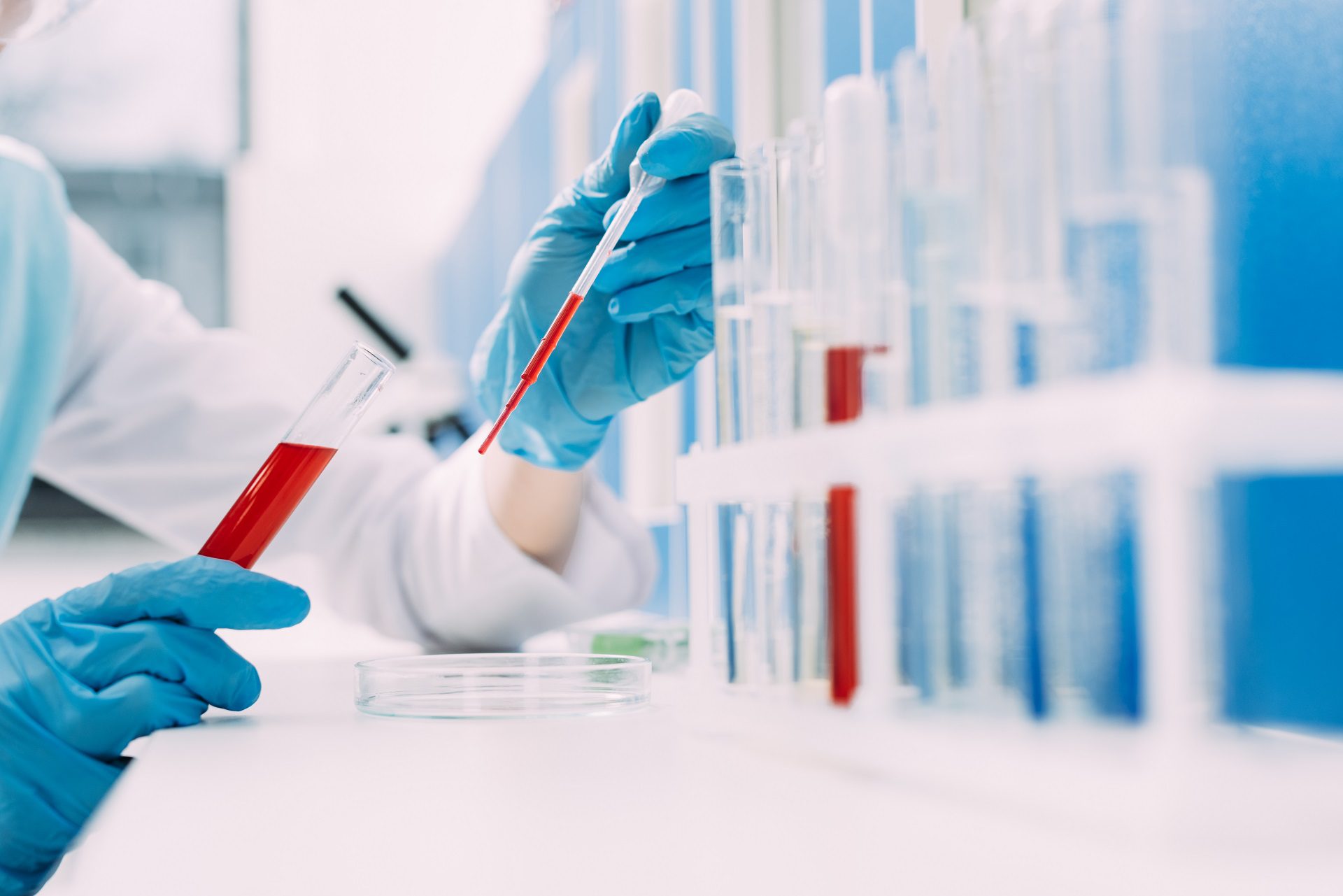
Occupation Profile
By the Numbers
Median annual earnings$34,894
Median Annual Earnings are the midpoint earned by 50 percent of workers who are the lowest paid and 50 percent of workers who are the highest paid in a particular occupationLocal Jobs162
Median Annual Earnings are the midpoint earned by 50 percent of workers who are the lowest paid and 50 percent of workers who are the highest paid in a particular occupationEntry-level educationCertification
Median Annual Earnings are the midpoint earned by 50 percent of workers who are the lowest paid and 50 percent of workers who are the highest paid in a particular occupation
Daily Tasks
- Dispose of contaminated sharps, in accordance with applicable laws, standards, and policies.
- Organize or clean blood-drawing trays, ensuring that all instruments are sterile and all needles, syringes, or related items are of first-time use.
- Draw blood from veins by vacuum tube, syringe, or butterfly venipuncture methods.
- Match laboratory requisition forms to specimen tubes.
- Dispose of blood or other biohazard fluids or tissue, in accordance with applicable laws, standards, or policies.
- Conduct standards tests, such as blood alcohol, blood culture, oral glucose tolerance, glucose screening, blood smears, or peak and trough drug levels tests.
- Collect specimens at specific time intervals for tests, such as those assessing therapeutic drug levels.
- Process blood or other fluid samples for further analysis by other medical professionals.
- Provide sample analysis results to physicians to assist diagnosis.
- Enter patient, specimen, insurance, or billing information into computer.
- Document route of specimens from collection to laboratory analysis and diagnosis.
- Draw blood from capillaries by dermal puncture, such as heel or finger stick methods.
- Conduct hemoglobin tests to ensure donor iron levels are normal.
- Transport specimens or fluid samples from collection sites to laboratories.
- Collect fluid or tissue samples, using appropriate collection procedures.
- Explain fluid or tissue collection procedures to patients.
- Train other medical personnel in phlebotomy or laboratory techniques.
Occupational Skills
Hard Skills
- Capillary
- Data Entry
- Geriatrics
- Laboratory Testing
- Medical Assistance
- Medical Laboratory
- Pediatrics
- Phlebotomy
- Specimen Processing
- Venipuncture
Soft Skills
- Collections
- Communications
- Customer Service
- Good Driving Record
- Leadership
- Packaging And Labeling
- Quality Assurance
- Quality Control
- Record Keeping
- Valid Driver's License
Hard skills are specific, learnable, measurable, often industry- or occupation-specific abilities related to a position.
Soft skills can be self-taught and usually do not necessitate a certain completed level of education. They are essential in many industries and occupations.
Educational Programs
Phlebotomists
| Type | Credential | Hrs | Online | Financial Aid |
| CE | Cert | 96-100 clinicals | No | Yes |
Phlebotomy
| Type | Credential | Hrs | Online | Financial Aid |
| Certificate | Cert | 96 | Yes | No |
Clinical Labatory Science Program
| Type | Credential | Hrs | Online | Financial Aid |
| Degree | Bachelor | 120 | No | Yes |
Learn more aboutPhlebotomists
Visit Career Coach for additional in-depth information and available training programs for this job.
